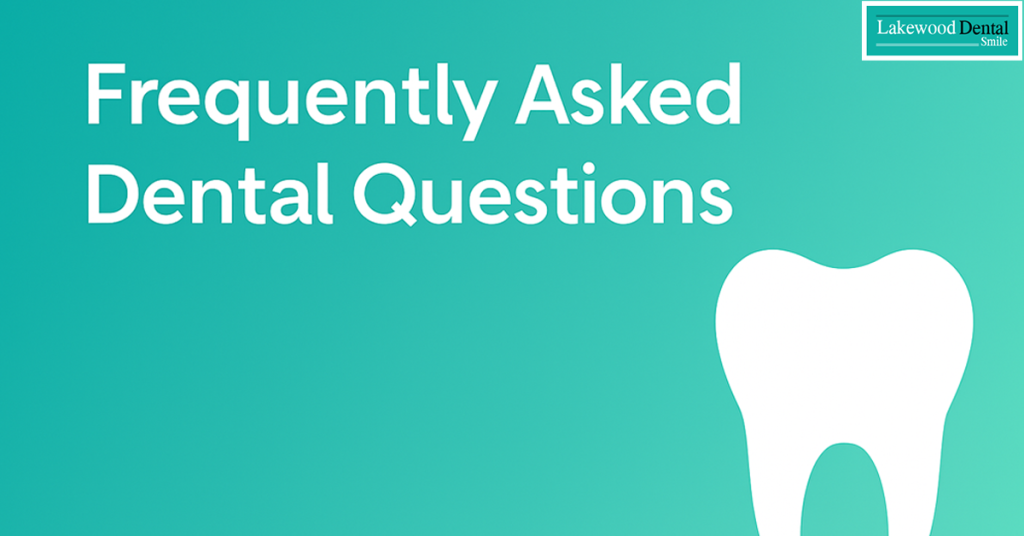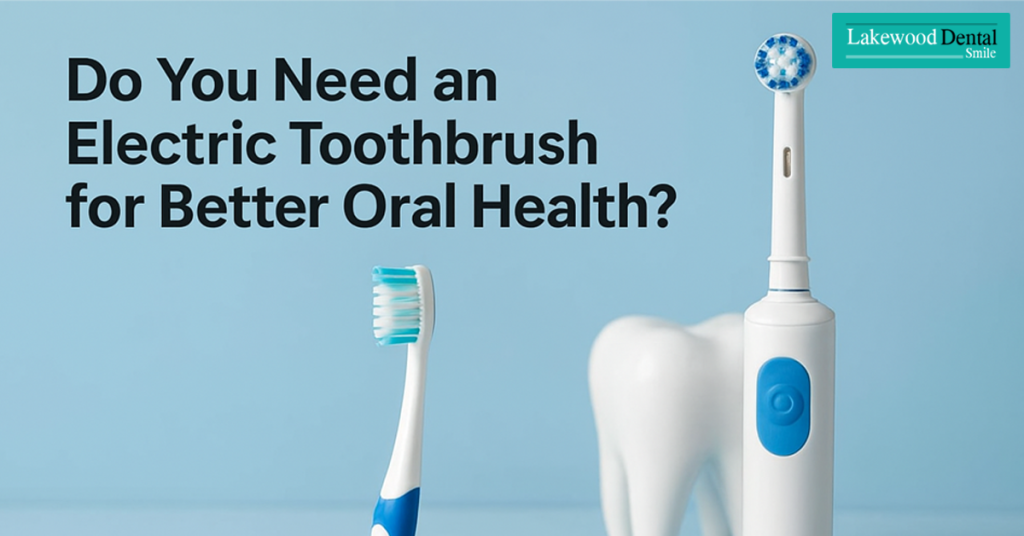Dental sedation for kids is a topic many parents worry about, especially when children feel anxious or struggle to sit still during dental treatment. While nervousness is common, understanding how sedation works can help parents feel confident and prepared. Sedation helps children stay relaxed and comfortable during longer or more complex procedures, supporting a positive dental experience from an early age. When used correctly, dental sedation for kids is considered safe, and it can make necessary treatment easier for both children and parents.
Understanding the available options and safety measures also reduces fear, helping families approach dental visits calmly and with reassurance.

Why Dental Sedation for Kids Can Be Helpful
Some children are naturally nervous about dental procedures, while others may have difficulty remaining still. Sedation can offer several advantages, including:
- Reducing fear and anxiety
- Making procedures smoother and safer
- Supporting cooperation during treatment
With proper monitoring and preparation, dental sedation for kids helps build a positive relationship with oral care and prevents dental avoidance as children grow.
Types of Dental Sedation for Children
Dentists select the sedation method based on age, anxiety level, medical history, and procedure complexity.
- Nitrous Oxide (Laughing Gas)
Nitrous oxide is the mildest and most commonly used option. Children stay awake and responsive while feeling relaxed, making it suitable for mild anxiety or short procedures.
- Mild Sedation (Oral Medication)
This form keeps children awake but calm. It is often used for children who need additional reassurance during simple treatments.
- Moderate Sedation
Moderate sedation makes children drowsy, and speech may become unclear. They may be sleepy afterward but typically recover quickly under supervision.
- Deep Sedation (IV Sedation)
Deep sedation places children in a sleep-like state with minimal response to stimulation. It is reserved for highly anxious children, extensive procedures, or special healthcare needs and always requires a qualified anesthesia provider.
Pro tip: Ask your dentist whether distraction tools—such as calming music or video goggles—can be combined with sedation for added comfort.
When Is Sedation Needed for Children?
Sedation may be recommended for:
- Painful or lengthy procedures
- High dental anxiety or phobia
- Difficulty sitting still due to age or behavior
Nitrous oxide is typically sufficient for mild nervousness. For greater anxiety or complex treatments, moderate or deep sedation may be considered after evaluating the child’s overall health.
Safety, Monitoring, and Possible Side Effects
Dental sedation for kids has been safely used for decades. Trained dental professionals administer sedation, and children are continuously monitored, especially during deeper levels.
Possible side effects may include:
- Mild nausea
- Light dizziness
- Occasional vomiting
These effects usually pass quickly. Following aftercare instructions helps ensure a smooth recovery.
Health reminder: Always inform your dentist about medical conditions, allergies, or medications before scheduling sedation.
A real-life example: A 6-year-old received mild oral sedation for a cavity filling and remained calm and cooperative. Recovery was smooth, and the child returned for future visits without fear.
Tips for Parents to Prepare Children for Sedation
Explain the Procedure Calmly
Use age-appropriate language and avoid alarming words. Focus on comfort, such as: “The dentist will give you special sleepy air that helps you relax.”
Follow Pre-Procedure Instructions
Dentists provide specific guidelines about food, drink, and medications before sedation. Following these ensures safety and success.
Provide Comfort During and After Treatment
Bring a favorite toy or blanket for reassurance. Stay calm children often mirror parental emotions. After the procedure, offer praise and gentle support.
Professional Care You Can Trust
If you’re in Dearborn, Michigan, Lakewood Dental Smile provides comfortable and closely monitored sedation options tailored to each child’s needs. The team focuses on safety and reassurance, helping young patients build confidence and maintain healthy dental habits over time.




